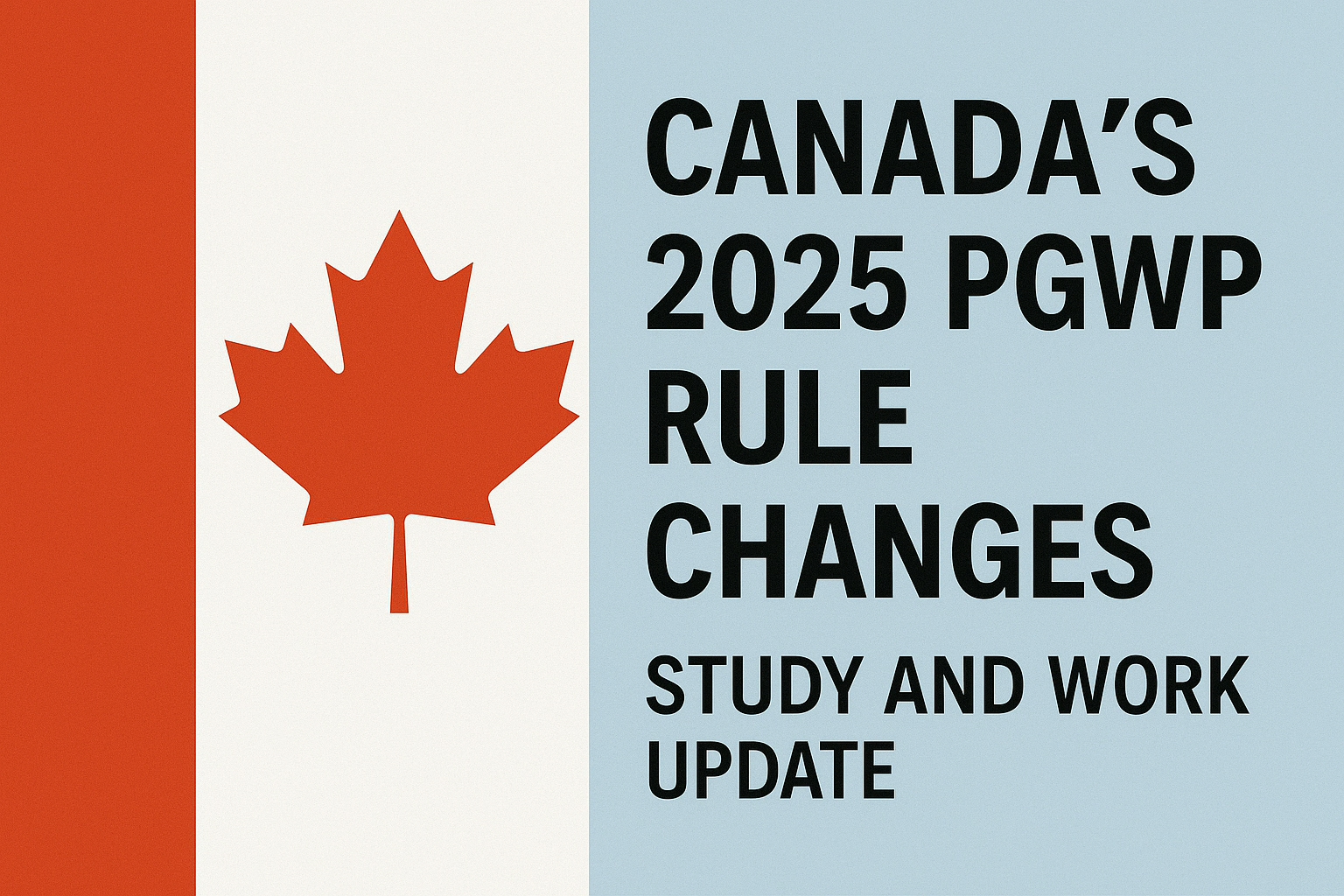Choosing Between Visitor and Super Visa for Family Visits
Table of contents
When planning a family visit to Canada, understanding the various visa options available can make the process smoother and more efficient. Among the most common types of visas are the Visitor Visa and the Super Visa. Both serve the purpose of facilitating travel to Canada but cater to different needs and circumstances. This article aims to clarify the differences between these two visa types, outline their eligibility criteria, and guide you in choosing the most suitable option for your family visit. Deciding between a Visitor Visa vs Super Visa Canada can greatly impact the duration and nature of your stay.
Understanding the Basics of Visitor and Super Visas
The Visitor Visa, also known as a Temporary Resident Visa (TRV), is a document issued by Canadian immigration authorities that allows individuals to enter Canada for tourism, business, or visiting family and friends. It is a versatile option for those who wish to stay in the country for a short period, typically up to six months. The Visitor Visa is ideal for tourists, business travelers, or those who plan to attend conferences or family events. Applicants must demonstrate their intention to leave Canada at the end of their visit and prove that they have sufficient financial resources to support themselves during their stay.
On the other hand, the Super Visa is specifically designed for parents and grandparents of Canadian citizens or permanent residents. This visa permits eligible individuals to visit their family in Canada for extended periods, allowing for stays of up to two years at a time without the need to renew their status. It is a multi-entry visa that is valid for up to ten years, providing a more flexible and long-term solution for family visits. Choosing between a Visitor Visa vs Super Visa Canada can depend on whether you need a short-term or long-term solution for family visits. The Super Visa is particularly beneficial for families who wish to spend more quality time together without the constant worry of visa renewals.
Key Differences: Visitor Visa vs. Super Visa
The most significant difference between a Visitor Visa and a Super Visa is the duration of stay allowed. While a Visitor Visa typically permits a stay of six months per visit, the Super Visa allows parents and grandparents to remain in Canada for up to two years at a time. This extended duration makes the Super Visa a more attractive option for families seeking longer visits, especially for those who live far from Canada and wish to avoid frequent travel.
Another crucial distinction is the eligibility requirements and application process. The Super Visa requires applicants to undergo a medical examination and have valid Canadian medical insurance for at least one year. Additionally, the Canadian host must meet a minimum income threshold to support their visiting family members. In contrast, the Visitor Visa does not require specific medical insurance or income requirements from the host. These differences highlight the need to carefully consider each visa type’s specifications and requirements when planning a family visit. When evaluating Visitor Visa vs Super Visa Canada, these distinctions should guide your decision based on your specific requirements.
Eligibility Criteria for Super and Visitor Visas
To qualify for a Visitor Visa, applicants must demonstrate their ties to their home country, such as employment, family, or financial assets, to assure immigration authorities of their intention to return after their visit. They should also provide evidence of sufficient funds to cover their travel expenses and stay in Canada. While the Visitor Visa application process is relatively straightforward, it requires thorough documentation and proof of genuine intent to visit temporarily.
The Super Visa, however, has more stringent eligibility criteria. Applicants must be parents or grandparents of a Canadian citizen or permanent resident. They must undergo a medical examination to ensure they are admissible on health grounds and purchase private medical insurance from a Canadian insurance company, covering health care, hospitalization, and repatriation for at least one year. Additionally, the host must meet a specified income level to ensure they can financially support the visiting family members. These requirements ensure that Super Visa holders have the necessary support and resources during their extended stay in Canada.
Choosing the Right Visa for Your Family Visit
Deciding whether to apply for a Visitor Visa or a Super Visa largely depends on the duration and purpose of your visit. If your intention is to spend a short time in Canada, perhaps for a holiday or a brief family gathering, the Visitor Visa may be the more practical and less demanding option. It offers flexibility for short-term visits without the need for medical examinations or extensive financial documentation from the host. If considering a Visitor Visa vs Super Visa Canada, think about how long you plan to stay and what requirements you can fulfill.
However, if you are a parent or grandparent planning an extended stay to bond with family members, the Super Visa is more suitable. It provides the advantage of longer stays, reducing the need for frequent travel back and forth. Though the application process is more rigorous, the long-term benefits of hassle-free, extended visits can outweigh the initial requirements. Ultimately, assessing your personal circumstances, the length of stay, and the financial implications will guide you in choosing the most appropriate visa for your family visit to Canada.
Selecting the right visa is a crucial step in ensuring a successful and enjoyable family visit to Canada. By understanding the differences and requirements of the Visitor and Super Visas, you can make an informed decision that aligns with your travel intentions and family needs. Whether opting for the flexibility of a Visitor Visa or the extended stay benefits of a Super Visa, careful planning and preparation will help create memorable experiences with your loved ones in Canada. Consider your priorities when choosing between Visitor Visa vs Super Visa Canada.


0 Comments